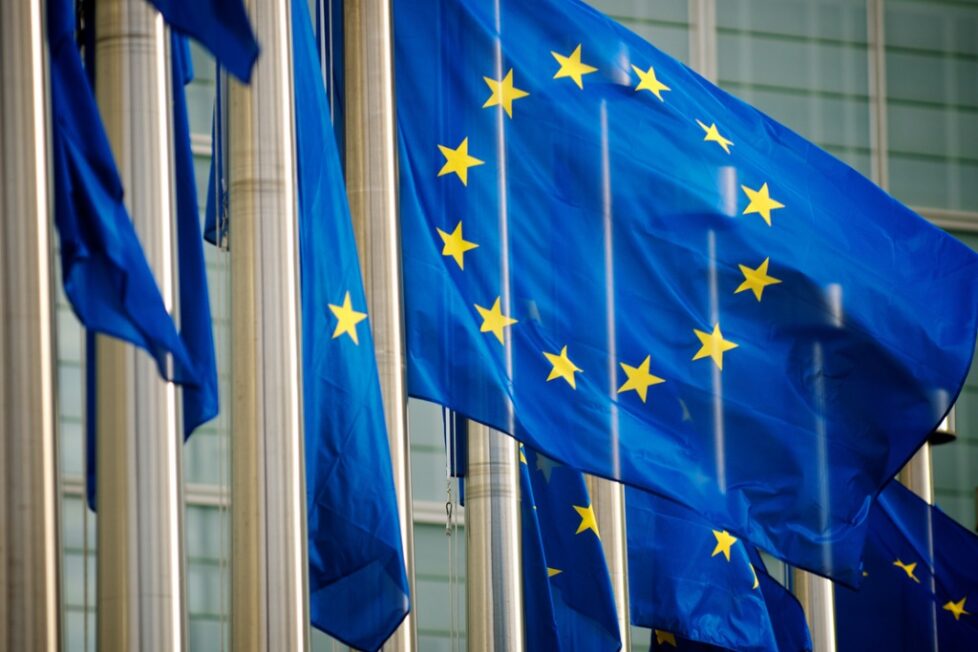EU Lawmakers Agree on Rules Eliminating 500 Million Tonnes of GHG Emissions

Lawmakers in the European Parliament and Council announced that they have reached a provisional agreement on new legislation that will result in a massive reduction in greenhouse gas (GHG) emissions from fluorinated gases (F-gases) and ozone-depleting substances (ODS).
According to a statement by the European Commission welcoming the agreement, the proposed legislation would prevent nearly 500 million tonnes of GHG emissions by 2050, and contribute to European climate goals to achieve a 55% emissions reduction by 2030, and reach climate neutrality by 2050.
Fluorinated gases and ODSs are used in a range of industrial applications, and are found in appliances including refrigeration, air conditioning and heat pump equipment. The substances are highly potent greenhouse gases, with global warming potential thousands, or even tens of thousands of times of stronger than CO2.
According to the EU Commission, the proposed new rules come as demand for equipment using the gases is rising rapidly, driven by increasing temperatures and higher living standards.
The new rules would see consumption hydrofluorocarbons (HFCs), which account for around 90% of F-gas emissions, completely phased out by 2050, and reduced by 95% by 2030, on a 2015 basis. The agreement also includes a ban on placing several categories of products and equipment containing HFCs, such as certain domestic refrigerators, chillers, foams and aerosols on the market, with restrictions allowing F-gases to be used in new equipment only if no suitable alternatives are available or only if the most climate-friendly F-gases are used. The rules also an export ban to ensure that obsolete equipment containing high global warming potential gases are not exported to countries outside the EU, as well as providing incentives for the use of climate-friendly alternatives.
Following the provisional agreement, the new rules will be forwarded to the Council and Parliament’s environment committee for endorsement, and then for formal adoption by each institution.
Maroš Šefčovič, Executive Vice-President for European Green deal, Interinstitutional Relations and Foresight, said:
“This is excellent news for Europe and for the world. With F-gases used for air conditioning and refrigeration and demand in this area projected to grow, it is essential that we make sure these technologies do not exacerbate global warming and that climate-friendly alternatives are incentivised.”